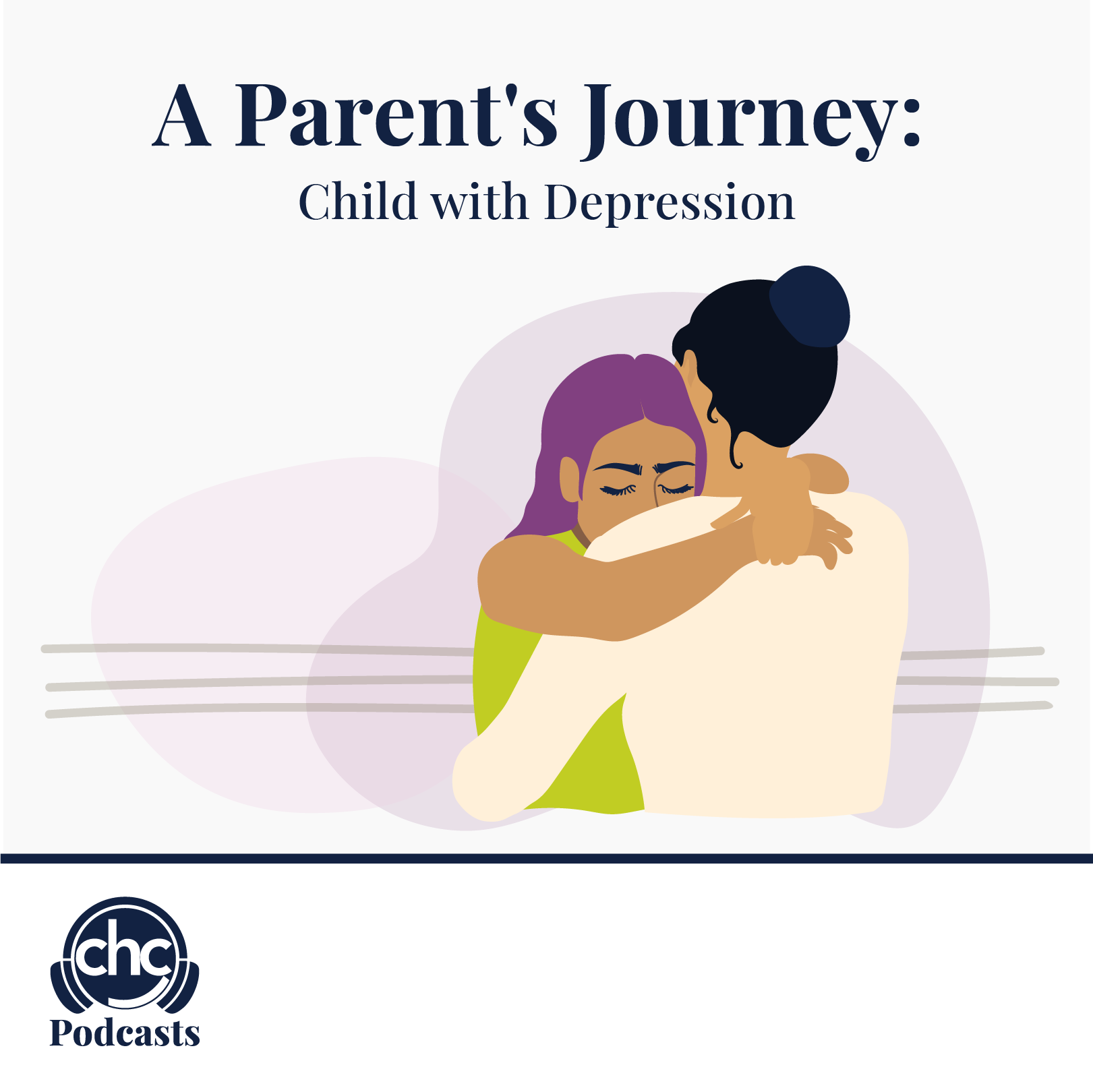Anxiety Disorders
 An anxiety disorder is a type of mental health condition. If you have an anxiety disorder, you may respond to certain things and situations with fear and dread. You may also experience physical signs of anxiety, such as a pounding heart and sweating.
An anxiety disorder is a type of mental health condition. If you have an anxiety disorder, you may respond to certain things and situations with fear and dread. You may also experience physical signs of anxiety, such as a pounding heart and sweating.
It’s normal to have some anxiety. You may feel anxious or nervous if you have to tackle a problem at work, go to an interview, take a test or make an important decision. And anxiety can even be beneficial. For example, anxiety helps us notice dangerous situations and focuses our attention, so we stay safe.
But an anxiety disorder goes beyond the regular nervousness and slight fear you may feel from time to time. An anxiety disorder happens when:
- Anxiety interferes with your ability to function.
- You often overreact when something triggers your emotions.
- You can’t control your responses to situations.
Anxiety disorders can make it difficult to get through the day. Fortunately, there are several effective treatments for anxiety disorders.
Who is at risk for anxiety disorders?
A mix of genetic and environmental factors can raise a person’s risk for developing anxiety disorders. You may be at higher risk if you have or had:
- Certain personality traits, such as shyness or behavioral inhibition — feeling uncomfortable with, and avoiding, unfamiliar people, situations or environments.
- Stressful or traumatic events in early childhood or adulthood.
- Family history of anxiety or other mental health conditions.
- Certain physical conditions, including thyroid problems and heart arrhythmias (unusual heart rhythms).
Anxiety disorders occur more often in women. Researchers are still studying why that happens. It may come from women’s hormones, especially those that fluctuate throughout the month. The hormone testosterone may play a role, too — men have more, and it may ease anxiety. It’s also possible that women are less likely to seek treatment, so the anxiety worsens.
What are the types of anxiety disorders?
There are several types of anxiety disorders, including:
- Generalized anxiety disorder (GAD).
- Panic disorder.
- Phobias.
- Separation anxiety.
Other mental health conditions share features with anxiety disorders. These include post-traumatic stress disorder and obsessive-compulsive disorder.
What causes anxiety disorders?
Anxiety disorders are like other forms of mental illness. They don’t come from personal weakness, character flaws or problems with upbringing. But researchers don’t know exactly what causes anxiety disorders. They suspect a combination of factors plays a role:
- Chemical imbalance: Severe or long-lasting stress can change the chemical balance that controls your mood. Experiencing a lot of stress over a long period can lead to an anxiety disorder.
- Environmental factors: Experiencing a trauma might trigger an anxiety disorder, especially in someone who has inherited a higher risk to start.
- Heredity: Anxiety disorders tend to run in families. You may inherit them from one or both parents, like eye color.
Excerpted from “Anxiety Disorders” from the Cleveland Clinic. Read the full article for more information on the symptoms, diagnosis, management and treatment.
Source: Cleveland Clinic | Anxiety Disorders, https://my.clevelandclinic.org/health/diseases/9536-anxiety-disorders | © 2022 Cleveland Clinic
A screening can help you determine if you or someone you care about should contact a mental health professional. CHC teletherapy services are available now. Call or email our Care Coordinators at 650.688.3625 or careteam@chconline.org to set up a free 30-minute consultation appointment.





